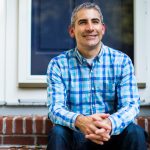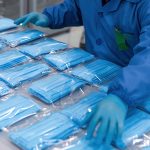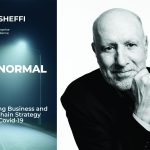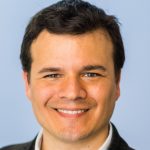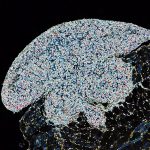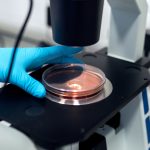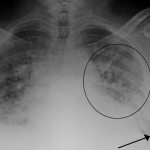J-PAL North America launches MIT Roybal Center...
With support from the National Institute on Aging, J-PAL North America, a research center in the MIT Department of Economics, recently launched the MIT Roybal Center for Translational Research to Improve Health Care for the Aging. The center will support randomized evaluations of low-cost, high-impact behavioral interventions to improve health-care delivery and health outcomes for older adults in the United States. According to the National Council on Aging, more than 25 million Americans over the age of 60 are...






